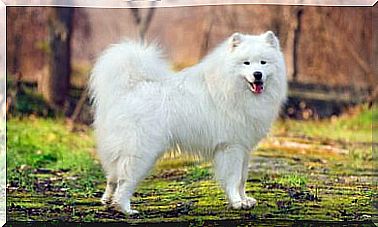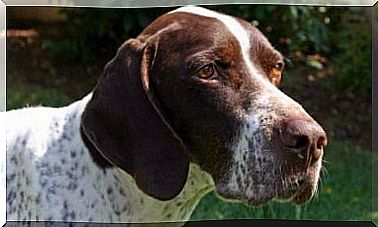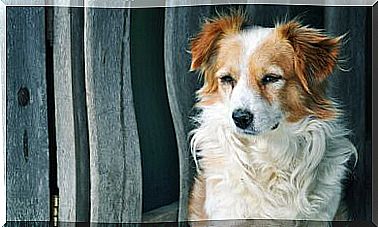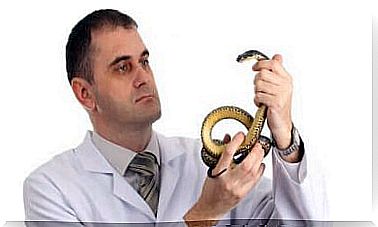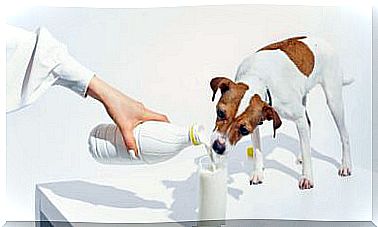Types Of Hernias In Dogs: Learn More Here
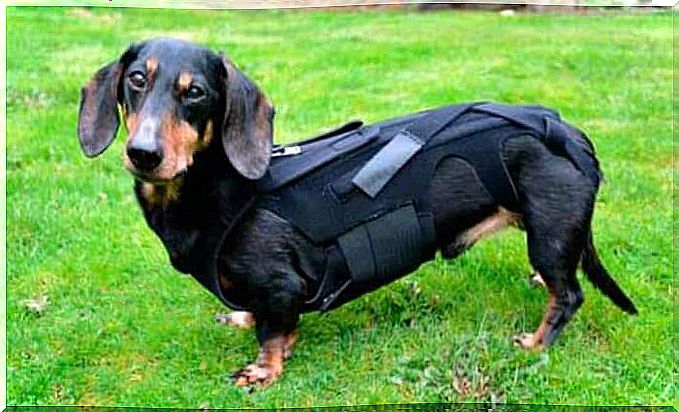
what is a hernia
A hernia is a protrusion of tissue from some organ in the body. It looks like swelling on the outside and can produce a lot of internal pain. The most common are umbilicals and disks.
It is believed that the former can be caused because the canine mother sticks too much “in the navel” of the puppy and, when cutting the umbilical cord, does so incorrectly.

Although they are generally not overly severe, a hernia that has formed a long time ago and is not treated can cause serious problems. Therefore, most of the time, the veterinarian will determine that surgery is necessary.
Types of hernias in dogs
Some hernias can be more dangerous than others. Therefore, it is important to recognize them and deal with them in time. These are the different types of hernias in dogs:
inguinal hernias
The inguinal canal is a conduit located between the abdominal muscles. It starts with the inner inguinal ring and ends with the outer one. That is, the abdominal muscles start in one ring and end in another.
It takes the form of a mass and can be “absorbed” into the abdomen, which creates a hernia. They can become extremely large, so the intervention to eliminate them must be immediate. It is important to observe our animal and feel it from time to time. This is because this type of hernia can be congenital in nature.
umbilical hernias
As with people, this is one of the most common hernias in dogs. Obviously, dogs don’t have a navel, but there is an area where the umbilical cord comes out. If the mother, as we said before, gets too close to this area, it is very likely to cause a hernia.
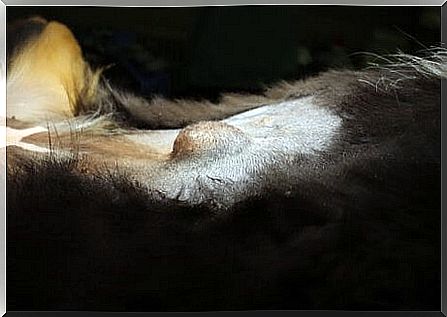
diaphragmatic hernia
As hernias are protrusions of tissue in one organ, they can displace other organs and create serious health problems. In the case of diaphragmatic hernias, the most common symptoms are irregular heartbeats and some symptoms of shock .
The animal may have difficulty breathing. Also, you may notice that the abdomen is moving too fast. This is a hernia that must be treated urgently, as it affects the animal’s respiratory system.
Vomiting, diarrhea and abdominal distension are the main consequences, since this type of hernia in dogs can occur in the stomach and intestine. They are usually caused by trauma, which causes the diaphragm to dislocate and cause tissue to grow where it shouldn’t.
Disc herniation
This type of hernia in dogs is also caused by trauma, caused by a blow or fall. It appears when one of the shock-absorbing discs between the vertebrae breaks or becomes inflamed. However, it can also happen in older dogs, due to a degenerative deterioration of the discs.
Don’t forget to always be on the lookout for your pet. He may have a hernia caused by trauma, as something may have happened when you weren’t there. Feel and observe your dog’s body. In the face of any small change, don’t hesitate to go to the vet.


